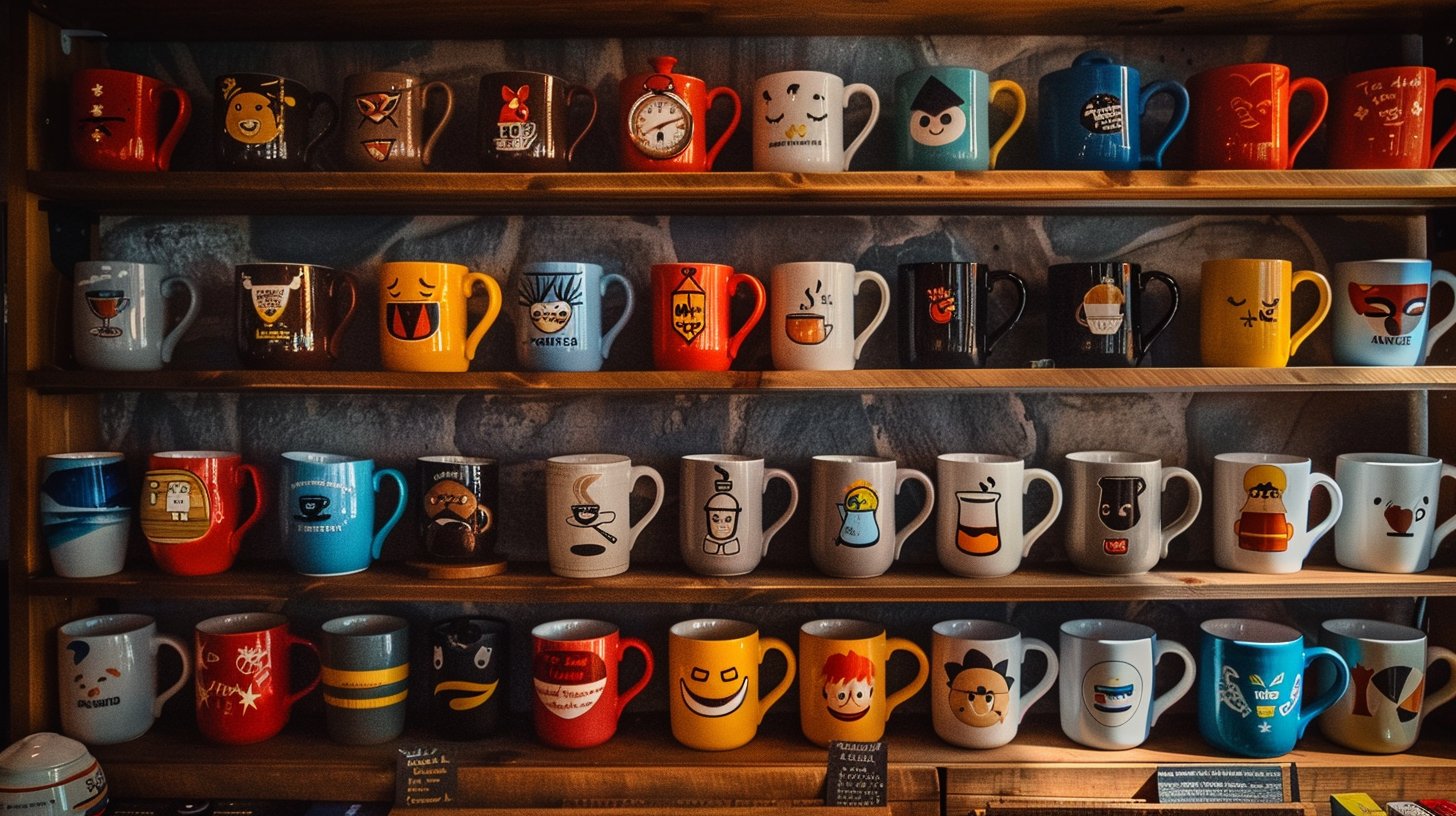Hip hop, the cultural and musical movement that emerged in the Bronx in the 1970s, has come a long way since its inception. From its origins as a form of expression for marginalized communities, hip hop has now become a global phenomenon, influencing popular culture and music worldwide. In this blog, we will discuss the current state of hip hop, its evolution, and its impact on society.
Evolution of Hip Hop
Hip hop has undergone significant evolution since its early days. In the 1970s and 1980s, hip hop was characterized by its focus on breakdancing, DJing, graffiti art, and MCing. The music was raw, gritty, and unpolished, and the lyrics often addressed social and political issues, such as poverty, racism, and police brutality.
In the 1990s, hip hop saw a shift towards gangsta rap, which glorified violence, drugs, and misogyny. While this sub-genre of hip hop drew criticism for its negative portrayal of African American communities, it also provided a platform for artists to express their struggles and experiences.
In the 2000s, hip hop underwent another shift, as artists began to embrace a more commercial sound, blending hip hop with other genres such as pop, rock, and R&B. The rise of digital music platforms and social media also enabled independent artists to gain exposure and reach a global audience.
Current State of Hip Hop
Today, hip hop is more popular than ever, with a diverse range of artists from different backgrounds and countries making their mark on the genre. While some critics argue that the commercialization of hip hop has led to a dilution of its original message, others believe that the genre has evolved to reflect the changing times and societal issues.
Hip hop continues to be a platform for marginalized communities to express their struggles and experiences. Artists such as Kendrick Lamar, J. Cole, and Chance the Rapper have used their music to address issues such as police brutality, racism, and inequality. The genre has also become more inclusive, with female rappers such as Cardi B, Megan Thee Stallion, and Nicki Minaj achieving mainstream success and challenging the male-dominated industry.
Impact on Society
Hip hop has had a profound impact on society, influencing fashion, art, and popular culture. The genre has also been credited with promoting social and political awareness and empowering marginalized communities. Hip hop has provided a voice for those who have been historically silenced, allowing them to express their experiences and connect with others who share similar struggles.
However, hip hop has also been criticized for its negative influence on young people, particularly with regards to its portrayal of violence, drugs, and misogyny. Some critics argue that the commercialization of hip hop has led to a focus on materialism and consumerism, rather than social and political issues.
Conclusion
In conclusion, hip hop has come a long way since its early days in the Bronx. While the genre has undergone significant evolution, it continues to provide a platform for marginalized communities to express themselves and connect with others. The impact of hip hop on society cannot be overstated, with the genre influencing popular culture and promoting social and political awareness. However, the commercialization of hip hop has also led to criticism and controversy, highlighting the ongoing tension between art, commerce, and social responsibility.









